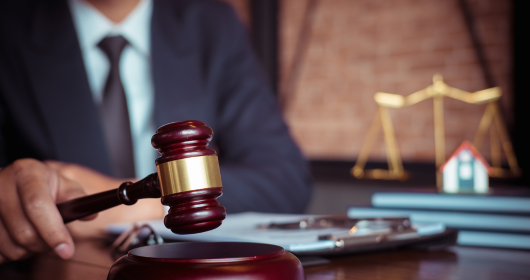Free Legal Advice 24/7
Section 18 of the Road Safety Act 1986 makes it an offense to drive a motor vehicle on a highway without holding a valid driver’s license or learner’s permit.
The prosecution must show that:
It is an offense to drive a motor vehicle on a highway without a proper license or permit. A person must:
Failing to meet one of these criteria constitutes an offense.
The standard penalty for this offense is:
Reduced Penalty for Past License Holders (Subsection 2)
If the court finds that:
then the penalty is reduced to:
Vehicle Immobilisation for Certain Offenders (Subsection 4)
If subsection 3 applies, the court may order the offender’s vehicle to be immobilised (e.g., using wheel clamps) for up to 12 months.
The court also has the authority to:
Higher Penalty for Driving After Disqualification (Subsection 3)
If the person:
then they face a higher penalty:
Additional Protections for Affected Parties (Subsections 7-8)
If someone else could be significantly impacted by a vehicle immobilisation order, the court must summon them to explain why the order shouldn’t be applied to the vehicle.

Unlicensed driving offences will be heard in the Magistrates Court.

Under section 28 of the Road Safety Act 1986, a magistrate has the authority to suspend or disqualify a person’s driver’s license in connection with certain charges, even if the person is currently unlicensed.
This means that simply being unlicensed does not prevent the magistrate from issuing a disqualification that would restrict you from obtaining a license in the future. For individuals for whom driving is important, this is a significant consideration.
Our traffic lawyers are experienced in presenting persuasive arguments to the court, aimed at encouraging the magistrate to exercise discretion favourably toward the accused.
If you genuinely believed your license was valid at the time, such as if you had not received notice of cancellation or suspension, you could argue that you were unaware of your unlicensed status.
This may require proving that you took reasonable steps to stay informed about your licensing status.
If you were driving unlicensed due to an emergency, such as a medical emergency or another situation that required immediate action, you may argue that this was a necessary and reasonable response to the circumstances.
If you held a valid license in the past that was not cancelled due to any driving offense, this may not constitute a full defence but could reduce the severity of penalties under Section 18(2).
You may challenge the prosecution’s evidence regarding your lack of a license, such as proving that you held a valid interstate or international license that authorises you to drive within the jurisdiction.
If the disqualification or suspension of your license was not properly communicated to you (e.g., the notice was not served correctly), you might argue that you were not lawfully informed of your unlicensed status.
Given the risk of disqualification, it is vital to contact a traffic lawyer at MK Law to tailor a defence specific to your circumstances.
Testimonials
At MK Law, we understand the serious implications of driving offenses and the importance of thorough preparation to secure the best possible outcome. Now is the time to ensure you have an experienced lawyer by your side who can provide sound advice, assist in gathering and presenting evidence, and guide you through the entire legal process. If you’ve been charged with unlicensed driving, call MK Law today to schedule a consultation with one of our skilled lawyers.
A Magistrate has discretion in these cases, and discussing your situation with an expert in traffic offenses is essential to building a strong defence. Our team has extensive experience representing clients in court for driving offenses, and we are committed to advocating for your rights and achieving the best result for you.
Do not delay, call MK Law today on 1800 130 120.
Free Legal Advice 24/7
Call Anytime For Free Legal Advice 24/7
Top 5 firms by reputation dealing with traffic and criminal law matters.
Copyright ©2003-2024 MK Law. Privacy Policy